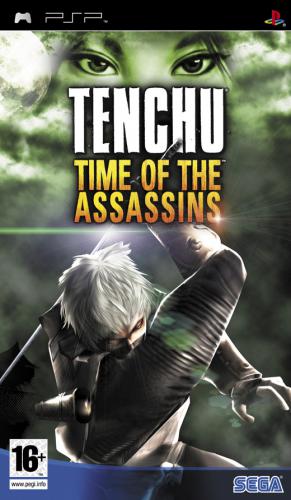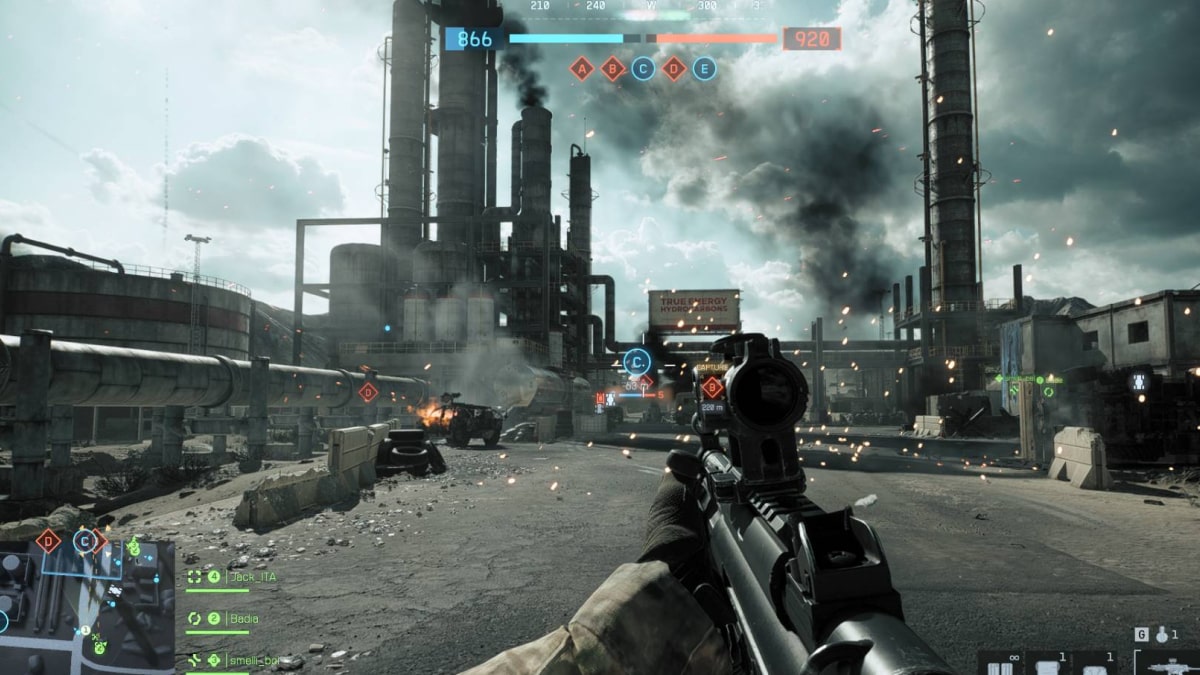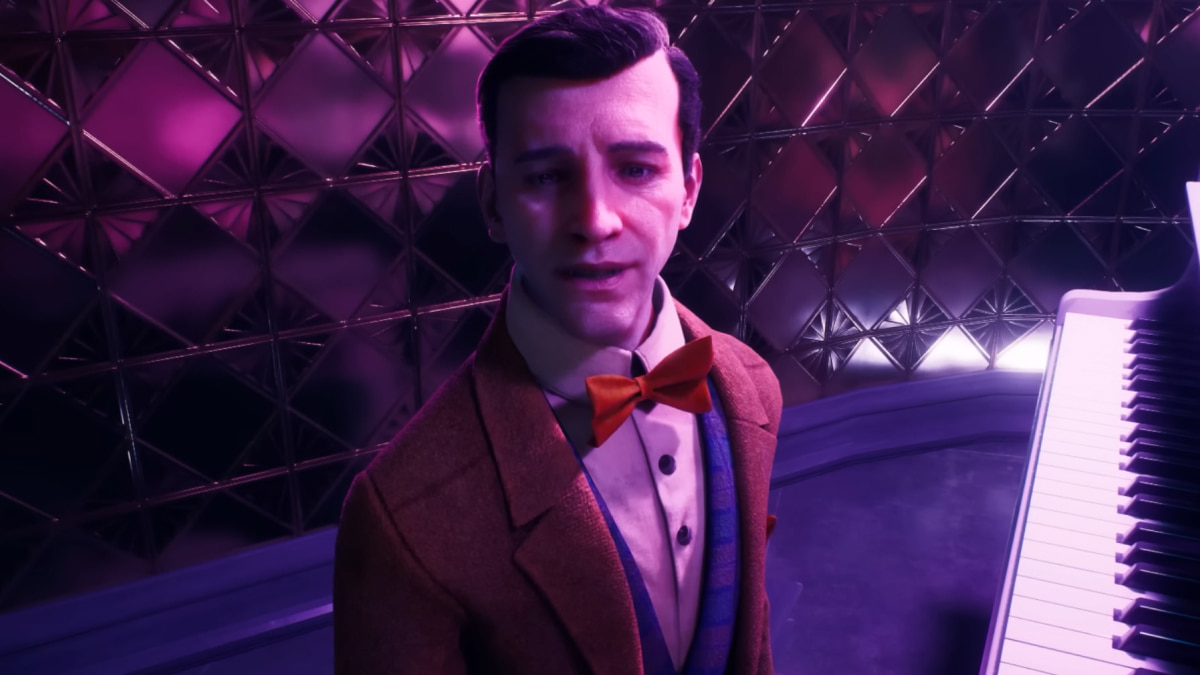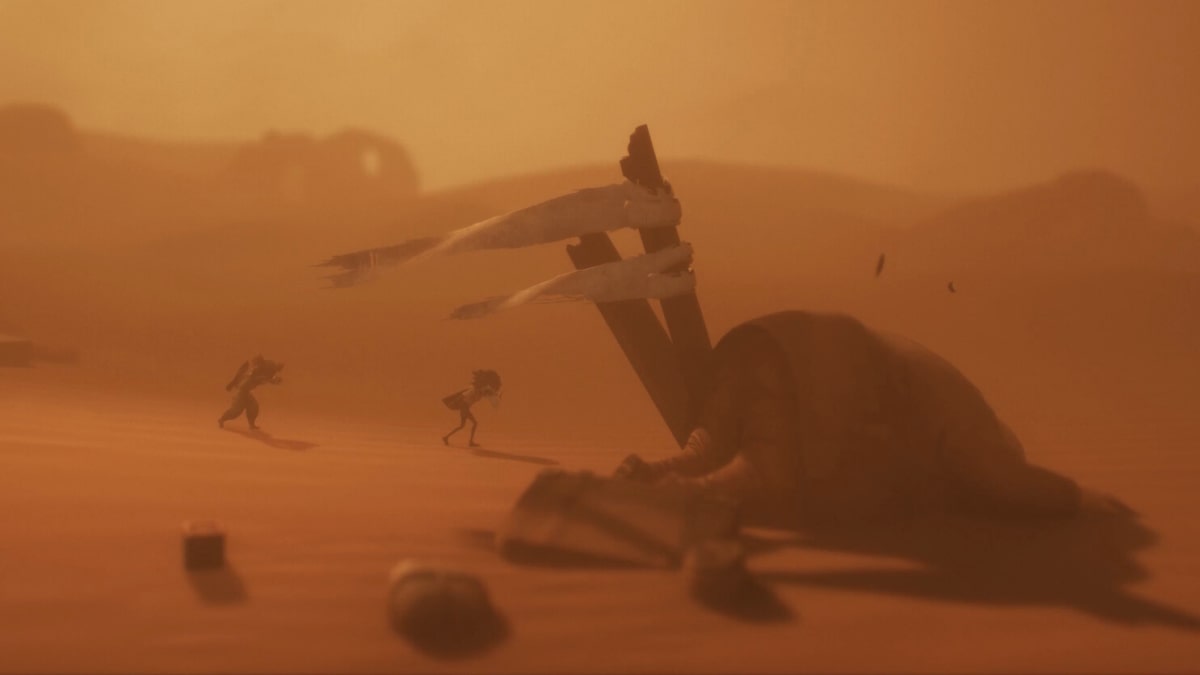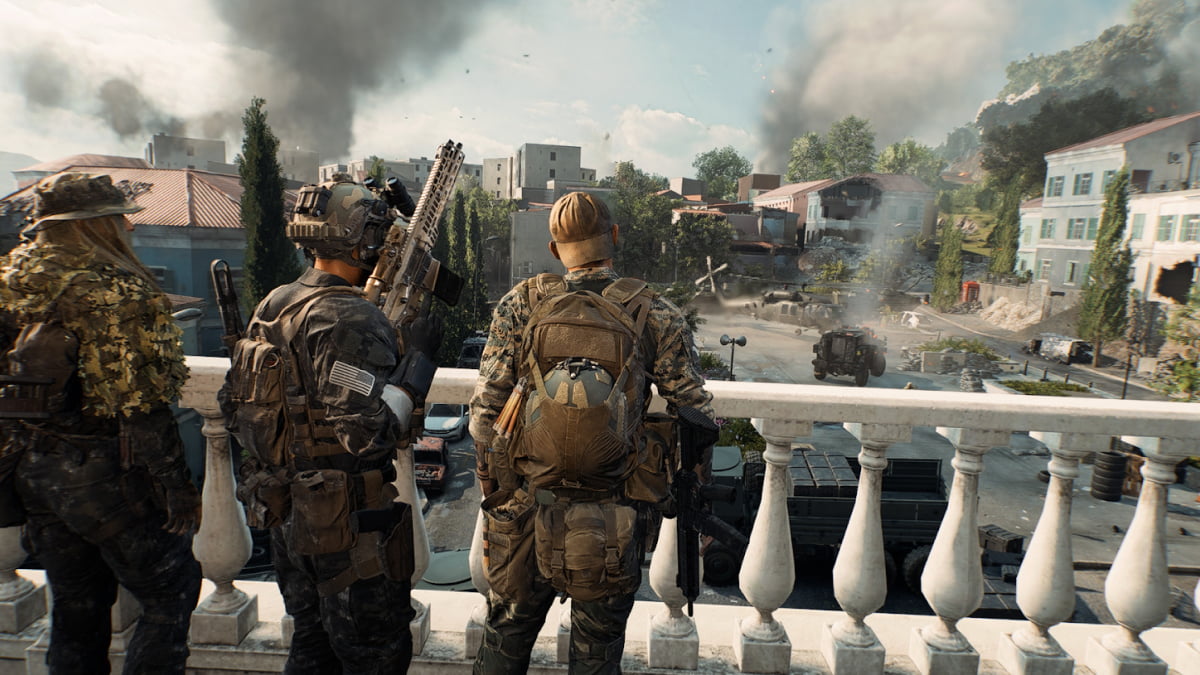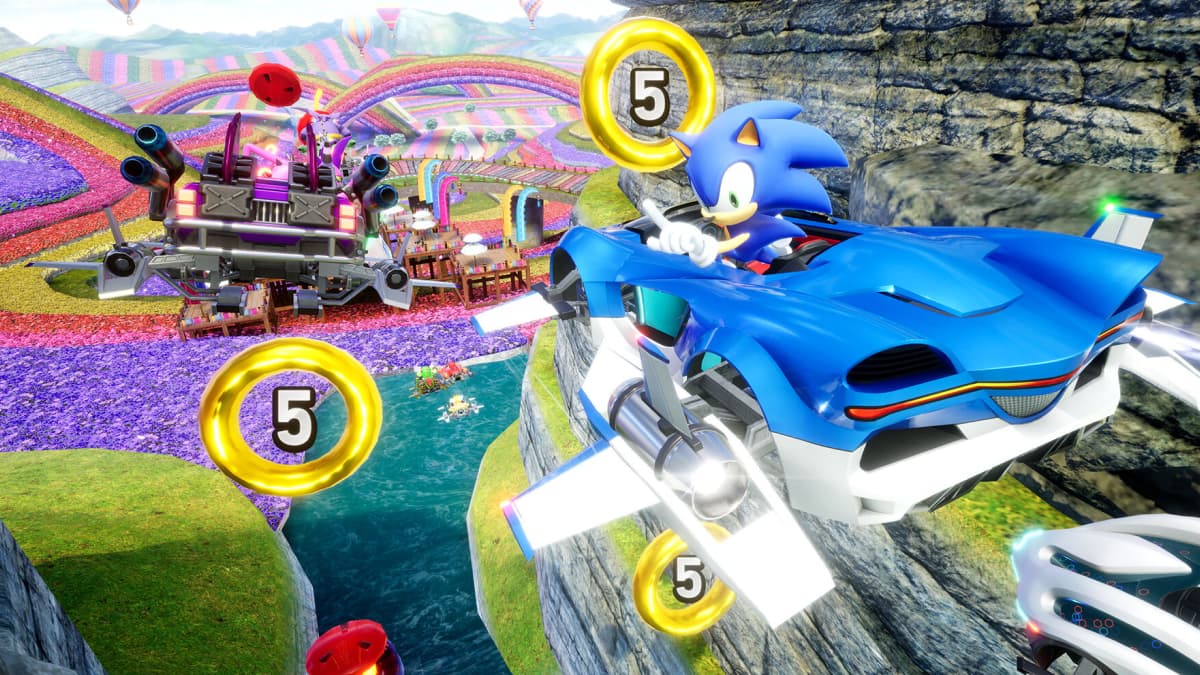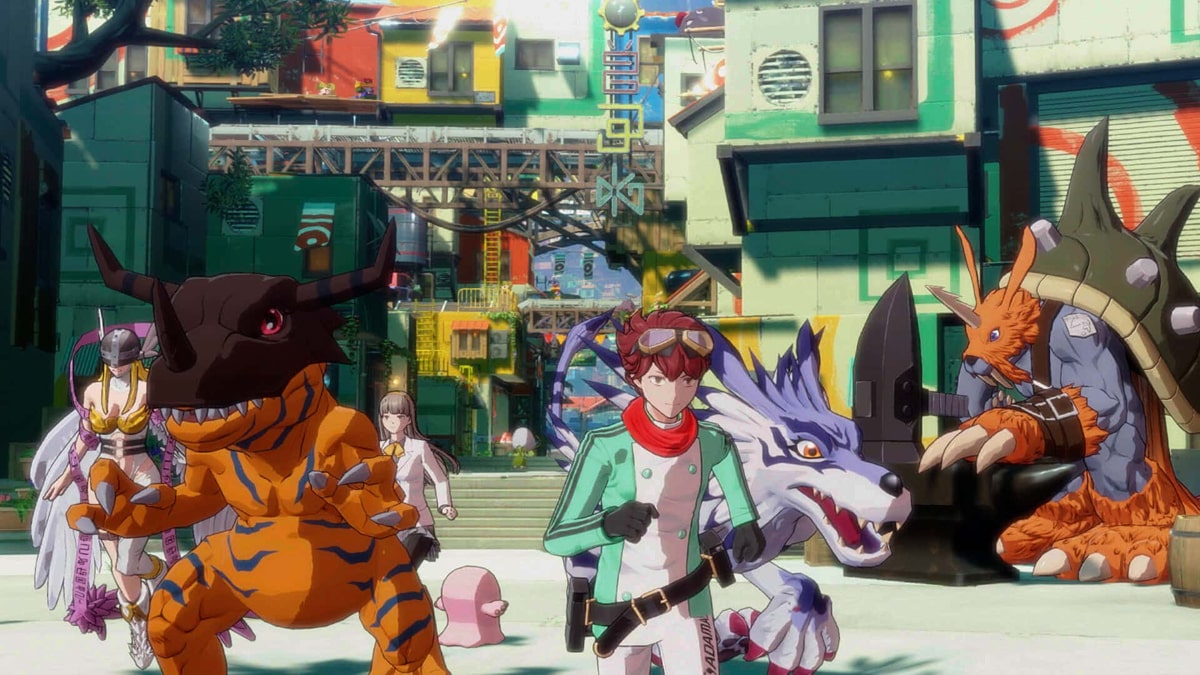You can trust VideoGamer. Our team of gaming experts spend hours testing and reviewing the latest games, to ensure you're reading the most comprehensive guide possible. Rest assured, all imagery and advice is unique and original. Check out how we test and review games here
It’s hard to imagine a crueller restriction to place on a Ninja. Jumping over rooftops, hugging walls and silently killing your enemies requires a hell of a lot of training I’m sure, but I’d say having a few key abilities would be necessary before you even started training. Say, for example, the ability to see more than 2 meters ahead of you. I’d have thought that would be key. From Software don’t seem to agree with me though. And they’ve done loads of research on the subject, so they must know better than me. Right? RIGHT?
So here we are once again, in the familiar world of Tenchu. There’s Rikimaru, Ayame and um, some other folks. In other words, all your old favourites, but on a new system. So, how has this transition to the PSP gone exactly? Well, rather than fix issues that have cropped up in previous Tenchu games, From Software have come up with the inventive solution of actually making them worse. The camera in Tenchu games has always been fairly poor and is a sticking point throughout the series’ history. so converting it to a less powerful system with a different control scheme was always going to be a problem; to put it nicely, the camera is a disaster. It’s completely uncontrollable and presents more of a challenge than any enemy the game will throw at you. Combine this with the previously mentioned short view distance and you have a game that makes you jump through hoops for even the most basic manoeuvres.
Moving past these points for just a second; how does the game itself fair? Well, it’s ok. Split into several mini campaigns for each of the characters, Tenchu creates a lovely rendition of Japan, albeit one made completely out of blocks. Each map in the campaign is fairly small, and with a modicum of care can be completed in 5-10 minutes. Which is perfect for on-the-move PSP gaming, but seems a little anaemic compared to the large levels found in earlier Tenchu titles. A nice balance between the two would have perhaps been better.
Stealth kills, and indeed combat in general, work in exactly the same way as in the other Tenchu games. A small icon in the bottom right hand corner of the screen alerts you to the status of guards around you – indicating whether they are aware of you or not. How careful you are in using this dictates whether you can slide in for the stealth kill, or engage in a very basic combat system. Stealth kills can be very glitchy though, and this removes some of the satisfaction gained by performing them. Various tools that you can select at the start of each stage can be used to manipulate and remove guards as well, such as poisoned rice and throwing stars.
The game’s most useful tool, the grappling hook, comes as standard and allows access to the various buildings and precipices scattered throughout each level. It’s through this that you’re able to sneak about and perform your stealth kills – in theory. But this is forgetting the camera and draw distance issues again. Yep, back to that. This cripples any kind of sneaky plan you may choose to adopt as it’s nearly impossible to see the ground when you’re on the roof of a building. I was able to achieve stealth kills by slowly creeping along the ground until I saw an enemy at the outset of my limited viewing range, and then sneaking up behind him. The reason this technique worked so well was mainly due to the fact that the visual range of your enemies is even worse than yours. It simply ruins any sense of realism the game could have hoped to achieve.
Aside from the main campaign, the game features a few other elements, including multiplayer and a mission editor tool. We were unable to test the multiplayer offering, but unless some of the single-player campaign’s flaws have been fixed for this game mode, it will probably be just as frustrating as the main game. The mission editor is quite a neat little addition, offering a decent range of features and the ability to set objectives. However, when you consider that any level you create will suffer from exactly the same problems you faced in the single-player campaign, it lessens its charm somewhat.
Tenchu: Time of The Assassins is a strange game overall. How it made it to retail stores with so many critical gameplay flaws is a mystery, and when the biggest challenge you face occurs before you’ve even encountered an enemy, you know the game has issues. Tenchu: Time of the Assassins could have given PSP owners a splendid taste of stealth action, making up for the disappointment that was Sam Fisher’s PSP debut, but what we got was nothing more than a franchise badly shoehorned onto the portable system.
